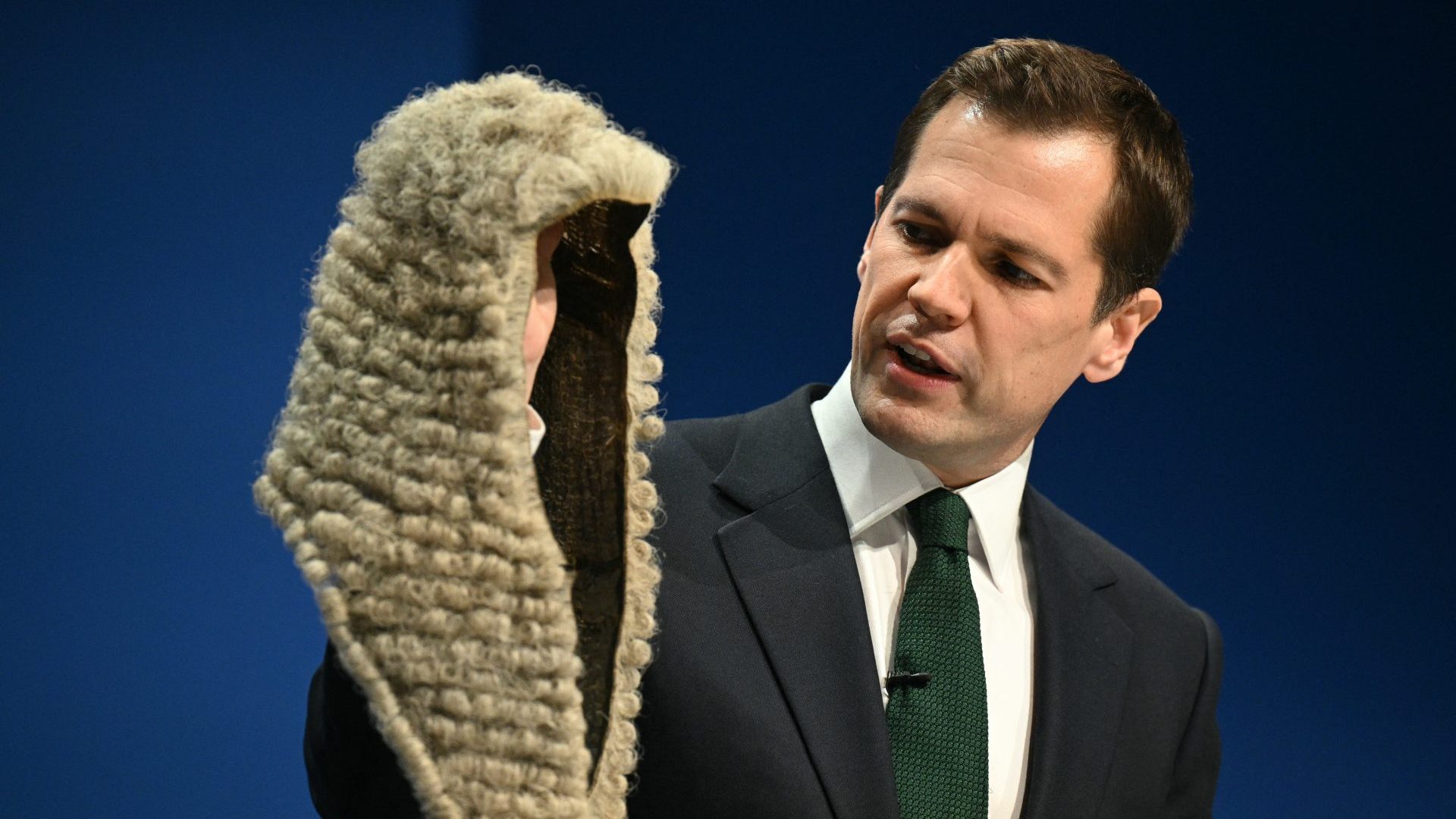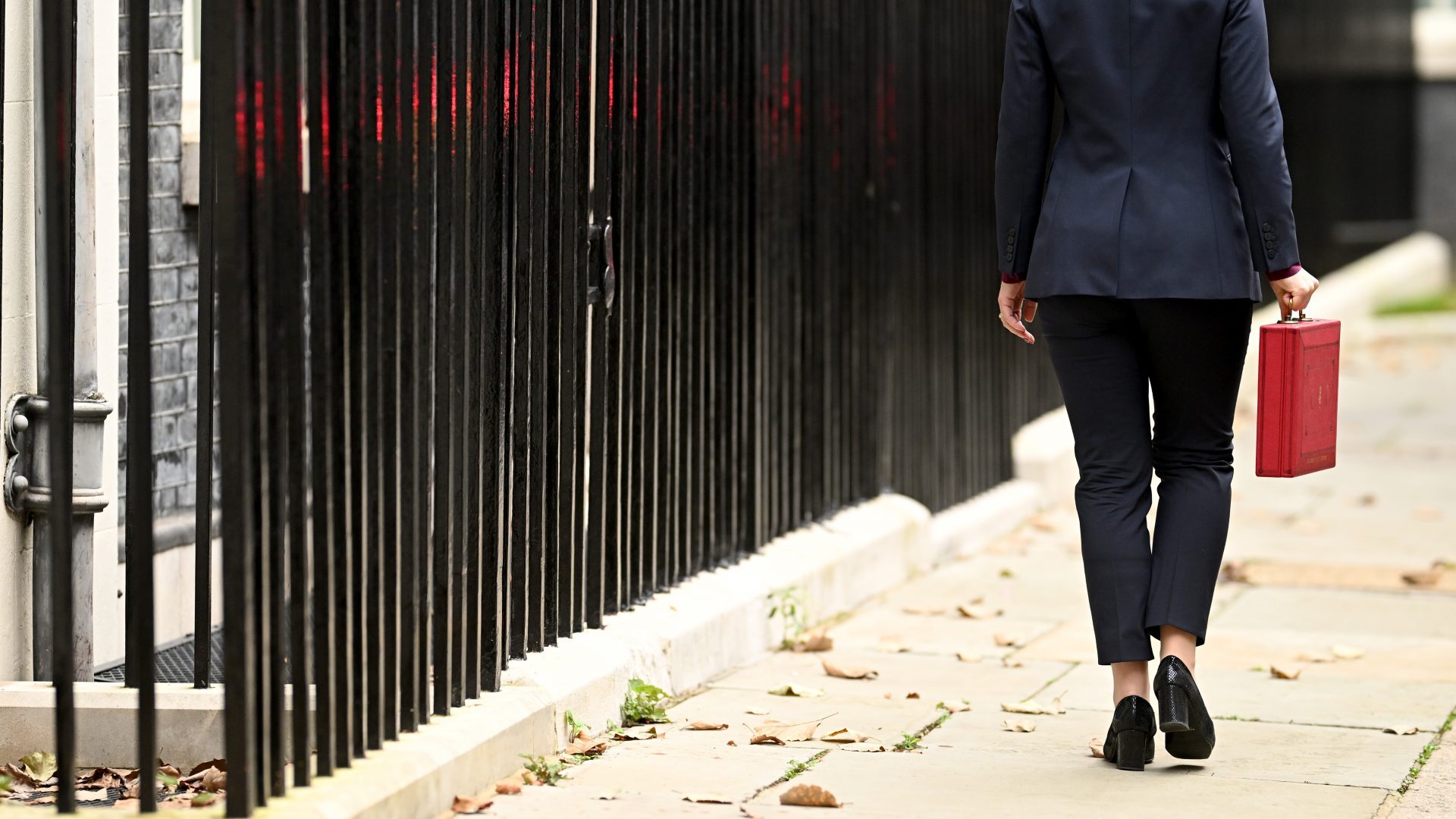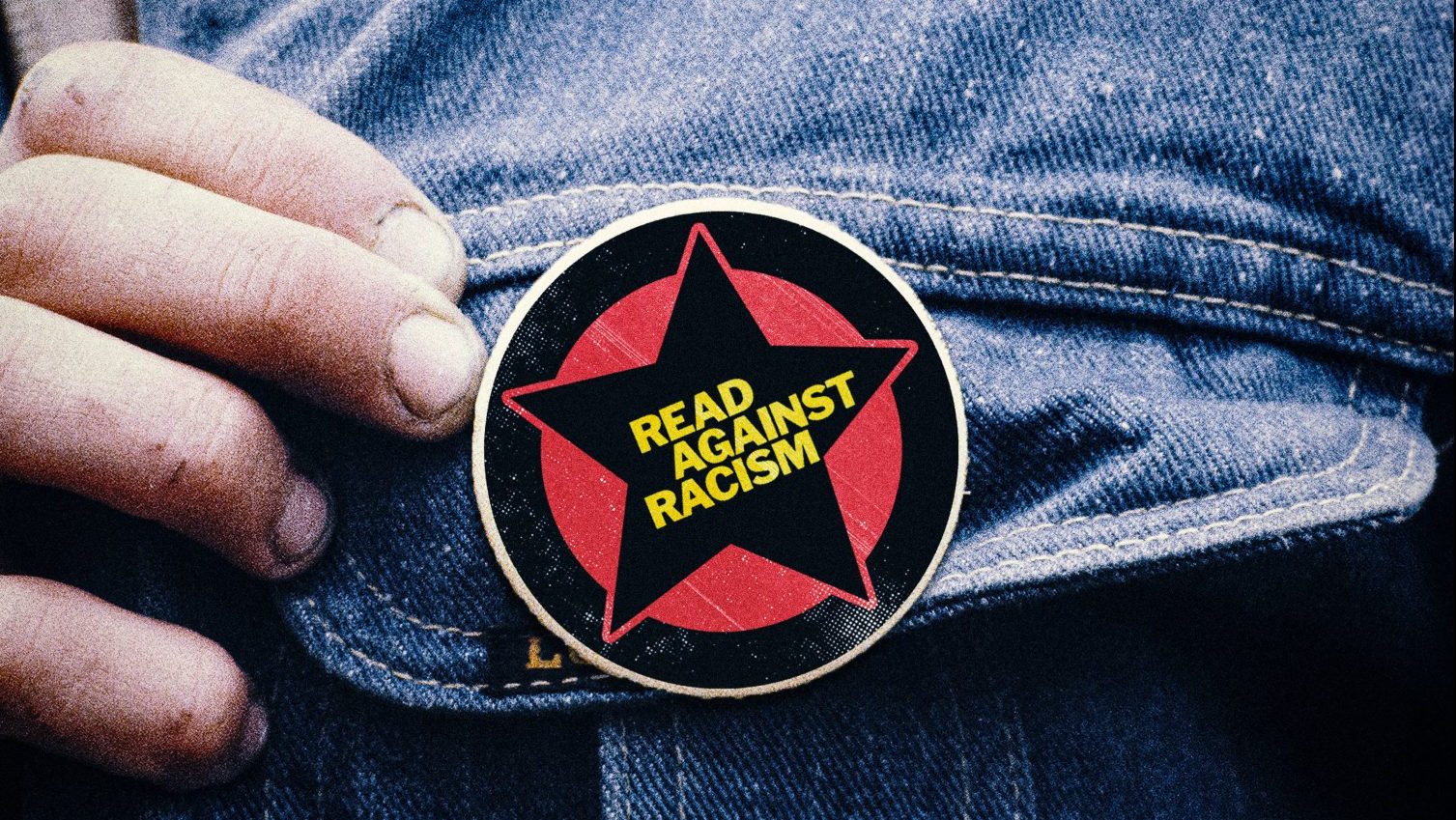Back in 2011, Sayeeda Warsi, then chair of the Conservative Party, argued that Islamophobia had “passed the dinner-table test”. She was referring to the way this form of bigotry had become increasingly acceptable in polite company in the wake of Islamist terrorist attacks such as 9/11, as some people posed so-called “legitimate” questions about Islam in ways that associated all British Muslims with this form of extremism. Antisemitism has also undoubtedly ended up here.
These are serious reversals in a generally positive story about falling levels of racism in the UK. But in 2025 it feels as though racism in general might be becoming socially acceptable again. Tune into Talk Radio, GB News, or certain commentators on X, and you’d be forgiven for thinking the UK is an experiment in multiculturalism gone horribly wrong.
On the British right, there is a persistent tendency to blame immigration for various social problems, including a lack of housing, problems getting a GP appointment and low wages. But in recent months there’s been an alarming shift, from anti-immigration sentiment to anti-anyone-who-isn’t-white sentiment, also known as racism. And it’s not just pundits, but MPs, some of them once resoundingly mainstream, who are joining in.
One of those is the shadow justice secretary Robert Jenrick. In comments that emerged recently, Jenrick said of Handsworth in Birmingham, “it was one of the worst integrated places I’ve ever been to. In fact, in the hour and a half I was filming news there I didn’t see another white face. That’s not the kind of country I want to live in. I want to live in a country where people are properly integrated”.
Katie Lam, a Conservative MP elected last year and described as a “rising star” of her intake, declared that there are a “large number of people in this country who came here legally, but in effect shouldn’t have been able to do so” and that “they will have to go home” to leave “a mostly but not entirely culturally coherent group of people.”
Then Sarah Pochin, a Reform MP, went even further. In response to a caller on a radio show complaining about the number of ethnic minority people featured in television adverts, she complained “it drives me mad when I see adverts full of black people, full of Asian people… your average white person, average white family” is not “represented any more”.
Each has tried to excuse themselves by saying they were simply raising tough questions that needed to be asked. But while it is perfectly possible to ask tough questions about Britain’s integration challenges, as well as successes, without slipping into racism, all three MPs amplified racist dogwhistles. Jenrick’s flippant implication is that the only measure of integration in a society is the proportion of white faces you see, rather than a deeper understanding of how different communities mix and the levels of trust between them.
No society characterised by immigration has ever achieved a perfectly even mix of faces, and the test of whether people are living “parallel lives” is far more sophisticated than whether immigrants of similar backgrounds tend to live in the same area for the first generation or two. Lam’s appeal to “cultural coherence” wrongly suggests that there was ever a coherent culture in isles as diverse as ours, and that outsiders are today threatening some notion of indigenous culture. Pochin subsequently tried to justify her comments by suggesting that statistics show black and Asian people are heavily over-represented in TV adverts.
While around half of TV adverts today feature someone black in them, that obviously does not mean that anywhere like the proportion of actors in them are black. In fact, they have a significant role in less than a quarter, and Asian people have a significant role in just 6% of adverts, making them under- rather than over-represented. Even if there were evidence of more significant over-representation: on what planet would this be one of the key issues facing the country, anyway?
This new, hard-right commentary on race invariably comes in the guise of “legitimate questions”. A common response is that to call this racist is to devalue the term racism. But underneath it all is the insinuation that people who aren’t white are somehow a threat to British culture or values. And politicians have more power than the average social media pundit to promote this view.
Suggested Reading


Reading is the new resistance
The irony is that, while there are undoubtedly some issues overall, Britain is still an international success story both on integration, and on declining levels of racism. The UK is a far less racist society than it was a few decades ago. Moreover, Britons are among the most relaxed internationally about living next door to immigrants, people of a different religion or people who speak a different language.
So what is driving some politicians of the right towards these increasingly ugly tropes? Some of it is purely instrumental. The scope for grievance politics was always going to be high at a time when the economy is barely growing, taxes look set to rise further and NHS waiting lists are long, and the insurgency of Reform is undoubtedly pulling some Conservatives to try to out-compete them.
Perhaps this explains why Jenrick, elected in 2014 as a moderate Cameron loyalist, has evolved into the anti-immigration hardliner he is widely perceived as being today.
Both Reform and the Conservatives need to be careful, however: there may be a market for it, but it is limited, which is probably one reason Reform’s poll ratings have so far topped out in the low 30s.
But it isn’t just instrumental. It was more shocking to hear Sarah Pochin say what she did than to read her words because listening to her, she appeared genuinely furious about the number of non-white faces that she sees in TV adverts.
On some parts of the left, identity ideologies have scrambled brains: gender identity ideology has driven some people towards the crazy idea that it’s bigoted not to accept that men should be able to self-identify into female-only services and sports. Critical race theory reduces people to their skin colour and implies white people are all racist in a way that is alienating and antithetical to building broad coalitions against racism.
But on the right, we have seen equally stultifying belief systems emerge in recent years: the anti-DEI, anti-woke worldview that posits that errant HR departments have unpicked any idea of meritocracy in the UK. Some of those who are very online probably do genuinely and passionately believe this is one of the biggest problems facing the country.
By far the trickiest question facing mainstream politicians is how to counter this shift in the Overton window on racism. Calling it out as racism is important, but it’s now clearly ineffective as a means of getting the political dogwhistlers to stop. As Matthew d’Ancona argued on The Two Matts podcast last week, it needs something more, but no one really knows what.
Figuring that out is becoming increasingly urgent, otherwise we can expect to see niche and bigoted online views broadcast into the mainstream by politicians who either spot an opportunity, or who have drunk the racist Kool-Aid themselves.
Reading opens minds. It can change them. Turn the page on division and subscribe to The New World. Share our work, tell a friend, and be visible… buy the t-shirt (or the mug, or the hoodie). Go to shop.thenewworld.co.uk.
But most of all, read.




